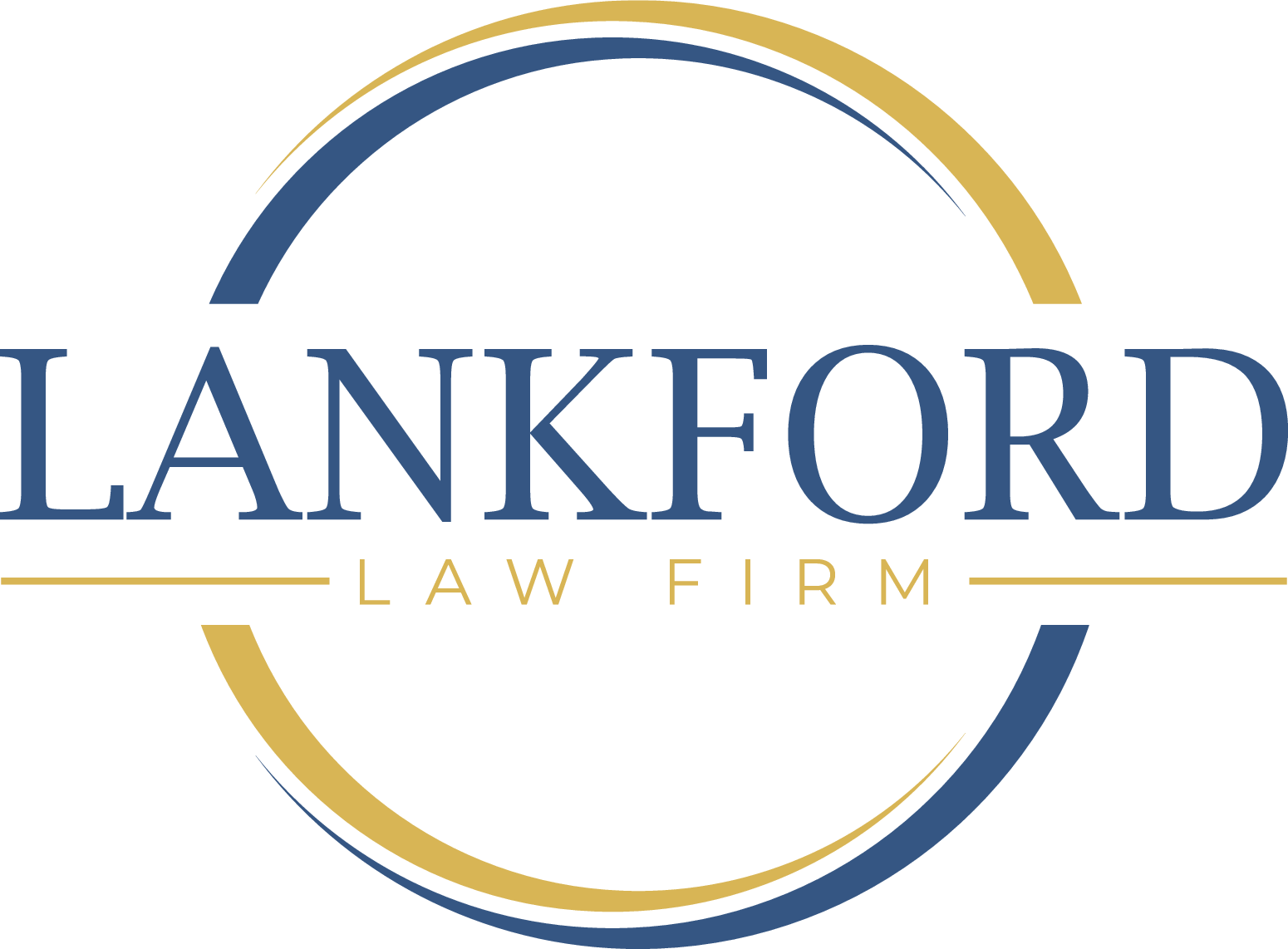Business entails risk, so most business owners want to understand risk as completely as possible. Precisely what is risk? How can a business law firm in Daytona Beach help? The dictionary definition is not a bad place to start.
Merriam-Webster defines risk as: a possibility of loss or injury; someone or something that creates or suggests a hazard; the chance of loss or the perils to the subject matter of an insurance contract; also, the degree of probability of such loss; a person or thing that is a specified hazard to an insurer; an insurance hazard from a specified cause or source; or the chance that an investment (such as a stock or commodity) will lose value.
These are accurate definitions of risk, so far as they go, but good business management requires an even more precise definition in order to deal effectively with – and reduce – risk.
Business wants to “deconstruct” risk, and as far as possible, make it quantifiable.
Let’s use this definition, then, for the type of risk that a business owner faces: Risk is the probability of loss given a particular action or event.
Large corporations can build their own predictive, mathematical models, based on their own experiences and data, to assess risk. Small businesses usually cannot.
Most small and even mid-sized businesses have neither the data nor the resources to create mathematical models of risk, but these organizations nevertheless can effectively measure and manage legal risk with the insights and legal advice of an experienced Central Florida business lawyer.
A good business attorney cannot measure risk for you with mathematical precision.
Instead, a good business lawyer knows what the risks are, what to look for, what to safeguard against, and how to get in front of potential problems before they become legal problems.
WHAT ARE THE FOUR MAIN TYPES OF LEGAL RISK?
The four major categories of legal risk are contractual, structural, regulatory, and litigation risk. Contract risk is perhaps the most difficult kind of legal risk to predict or quantify.
Quality contract drafting is imperative because every word, every line, and every clause counts.
If you own a business in Florida, you must have precisely-worded contracts written exclusively to accomplish your goals and to protect you legally.
A good business attorney can help you draft and negotiate valid, enforceable contracts that offer the maximum possible legal protection from civil lawsuits and other potential legal troubles.
Get in front of trouble – before it happens.
Have a Central Florida business lawyer write or at least review every line and word of every contract – before you sign it.
The slight expense of high-quality legal counsel is a wise investment against legal trouble in the future.
While quality contract drafting is absolutely imperative, it is not a comprehensive approach to contract risk management.
No contract exists in a vacuum, and business owners are sometimes surprised to find conflicts – meaning potential legal problems – among several different contracts they’ve signed.
Every business should put a business attorney on the team who can become familiar with the entire contract portfolio and spot potential conflicts before they become problems.
WHAT IS “STRUCTURAL” LEGAL RISK?
Structural legal risk is something that small and mid-sized businesses will seldom face. It arises from uncertainty about the future of an industry, a technology, or a way of doing business.
A structural legal risk potential shifts the landscape in unexpected ways.
The video rental business, for example, was created by changing technology, but after only three decades, it disappeared because of changing technology.
Without a working crystal ball or a time machine, there’s not a great deal that business owners can do to protect themselves against structural legal risk except to stay aware of trends and developments in their industry. A good business attorney can help.
Regulatory legal risk is a greater day-to-day concern for most business owners.
The actions of regulatory agencies may or may not be predictable, and the consequences of regulatory agency action may or may not be easy to foresee or to cope with.
Identifying regulatory risks is a genuine and growing challenge for businesses in the 21st century. Once again, a good business attorney can help.
Litigation risk – the risk of being sued – is inescapable, and the list of reasons for lawsuits is formidable. Employees can sue for alleged discrimination, harassment, wage-and-hour violations, or breach of contract.
Customers and clients can sue for alleged discrimination, product liability, and for on-premises accidents and injuries.
Insurance companies can be sued for bad faith; attorneys and physicians can be sued for malpractice. To complicate the picture further, businesses are generally liable for the actions of employees when they are on the job.
A top business attorney will do everything possible to help a business avoid litigation, but there is no way to prevent a disgruntled customer or ex-employee from exercising his or her legal rights.
That’s why it’s important for business owners to work with a business lawyer who is also a successful and experienced negotiator and litigator.
Most lawsuits can be settled through out-of-court negotiations, but when litigation goes bad, it can literally put a small or even a mid-sized company out of business.
WHAT IS THE GOAL OF RISK MANAGEMENT?
Risk management is not clairvoyance. No one has a crystal ball or a time machine.
Rather, risk management is about reducing and dealing with the possible outcomes of actions and events.
Many business owners express “zero tolerance” for legal risk, but zero tolerance doesn’t mean zero risk.
Risk management is an information challenge. The more you know and understand about the risk you face, the easier it becomes to manage.
Here are some basic tips for protecting your business from legal risk:
- Be covered: Buy the insurance you need from someone you trust. Read the policies and don’t hesitate to seek your business attorney’s advice regarding coverage.
- Be organized: Don’t miss deadlines for filing reports and other documents. Keep current and accurate personnel and payroll records. To be organized is to be prepared if legal trouble arises.
- Implement risk-avoidance policies: Your business lawyer can assist you in creating policies and practices that will help your company avoid risk.
- Take immediate action: Respond calmly, confidently, and immediately when an employee, client, or customer has a complaint. Often, the right words and the right attitude can keep you out of the courtroom and keep your business running smoothly.
By: Melody Lankford
After graduating from Davidson College, Melody Lankford earned her J.D. from Florida State University’s College of Law in 2004 and was admitted to the Florida Bar that same year. Ms. Lankford joined Raydon Corporation as in-house counsel in 2004. She worked there until 2012, when she founded the Lankford Law Firm. She is an experienced Daytona Beach small business attorney who offers sound legal counsel and experience-based insights to her business clients.


 Call Us Now
Call Us Now Email Us Now
Email Us Now



